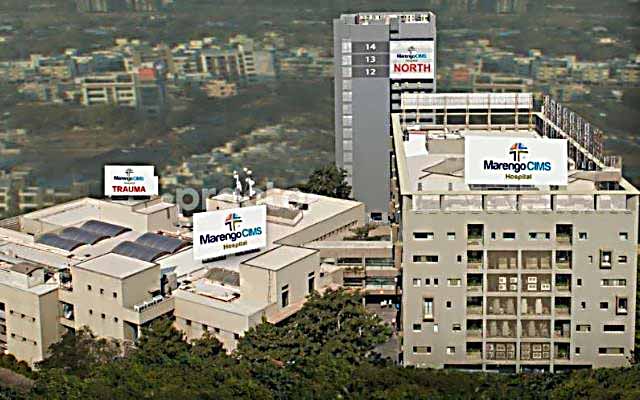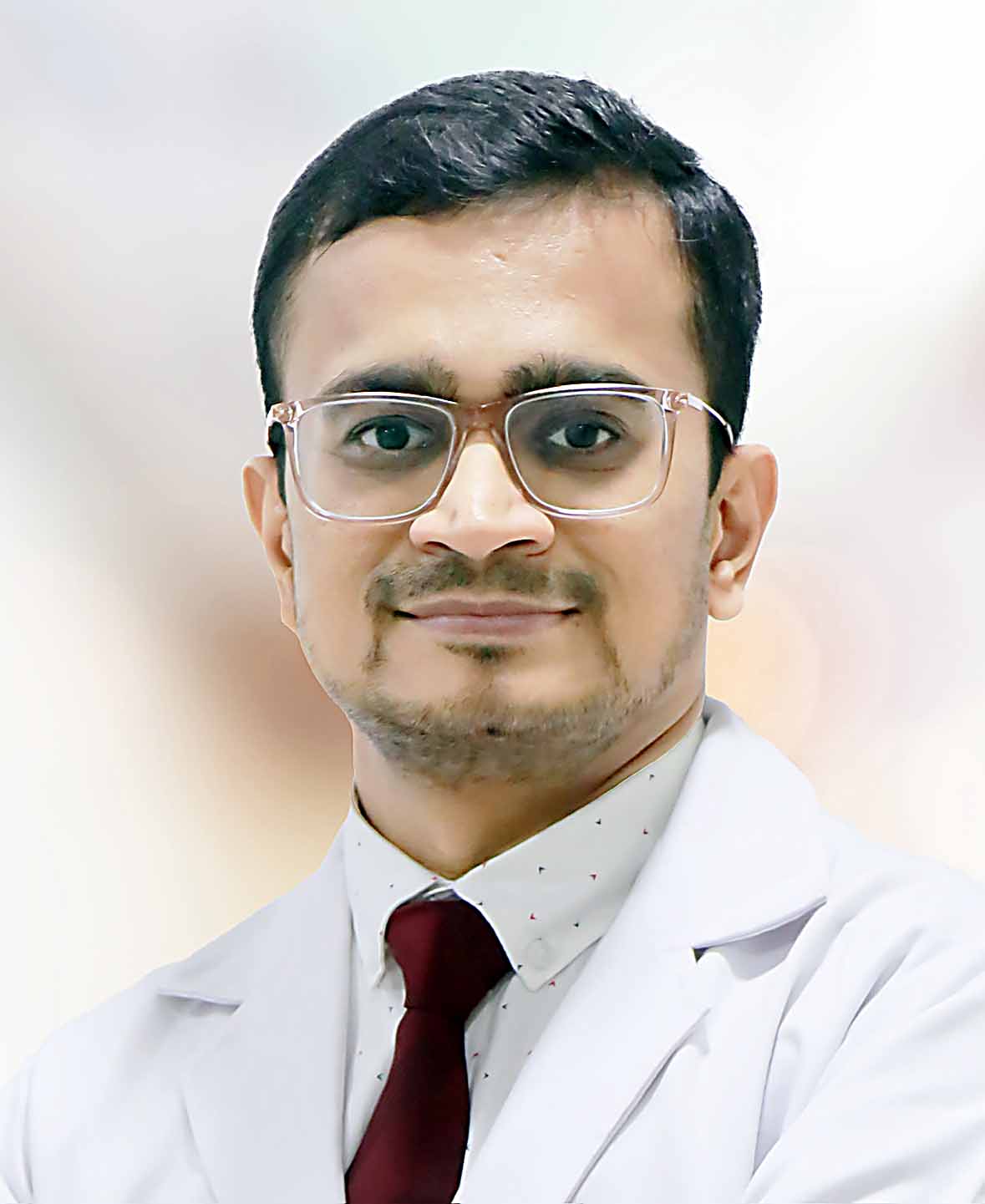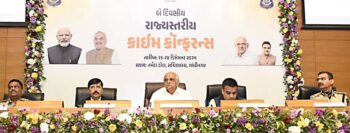Marengo CIMS Hospital commemorates World Epilepsy Day: Understanding Epilepsy, Going Beyond the Seizures

Individuals with epilepsy face significant social stigma, leading to isolation and mental health challenges
- Epilepsy is considered a leading cause of death in people with uncontrolled seizures
Ahmedabad: November 2024: Marengo CIMS Hospital commemorated World Epilepsy Day with increased awareness about the disease. Epilepsy is a chronic condition involving unpredictable seizures that can range from brief lapses in awareness to intense convulsions. It can affect individuals of any age, though it’s more frequently diagnosed in children and older adults. Epilepsy may stem from various causes like genetics, head injuries, infections, strokes, or brain tumors.
 However, in many cases, the exact cause remains unknown. Although common, it’s often misunderstood, leading to misconceptions that can hinder those affected. This article clarifies what epilepsy is, debunks common myths, and highlights advancements in treatments that offer hope, especially for individuals with drug-resistant epilepsy. Leading the awareness drive is Dr Chirag Solanki, Consultant Neurosurgeon, Marengo CIMS Hospital, Ahmedabad.
However, in many cases, the exact cause remains unknown. Although common, it’s often misunderstood, leading to misconceptions that can hinder those affected. This article clarifies what epilepsy is, debunks common myths, and highlights advancements in treatments that offer hope, especially for individuals with drug-resistant epilepsy. Leading the awareness drive is Dr Chirag Solanki, Consultant Neurosurgeon, Marengo CIMS Hospital, Ahmedabad.
There are many common myths associated with Epilepsy. People believe that epilepsy is contagious. The fact is that Epilepsy is not contagious and cannot be spread through contact. The belief that only children are affected is again a myth. While often diagnosed in childhood, epilepsy can develop at any age. People with epilepsy cannot live normal lives. The fact is that many individuals with epilepsy lead fulfilling lives, pursuing careers and engaging in sports and social activities.
All seizures do not involve convulsions. Seizures vary widely; some involve staring spells, confusion, or sudden muscle stiffness rather than convulsions. Seizures are caused by supernatural forces but result from abnormal brain activity, not from supernatural causes. Traditional remedies like onions or spoons cannot stop a seizure. During a seizure, ensure the person is lying on their side and away from harmful objects. Avoid placing anything in their mouth and seek medical help if needed. All seizures do not stop quickly. While many end in minutes, some last much longer, requiring urgent medical attention for a condition known as status epilepticus.
Anti-seizure medications (ASMs) are the primary treatment, helping control seizures by stabilizing brain activity. The choice of medication depends on seizure type and individual response. Adherence to prescribed medication is crucial, as missing doses can increase seizure risk. Patients should work with healthcare providers to manage any side effects and adjust treatment as needed.
Dr Chirag Solanki, Consultant Neurosurgeon, Marengo CIMS Hospital, Ahmedabad says, “At Marengo CIMS Hospital, advanced surgical options are available for individuals with drug-resistant epilepsy, where about 30% of patients find medication alone insufficient for controlling seizures. These innovative treatments include Resective Epilepsy Surgery, which removes seizure-causing brain tissue to significantly reduce seizures, and RF Ablation Surgery, a minimally invasive procedure using radiofrequency to deactivate seizure-triggering areas. Additionally, the hospital offers Vagus Nerve Stimulation (VNS), where a device stimulates the vagus nerve to help prevent seizures, and Deep Brain Stimulation (DBS), involving electrodes implanted in the brain to enhance seizure control.”
Epilepsy is complex but manageable condition, impacting around 50 million people globally, with nearly 10 million cases in India alone. Marengo CIMS Hospital emphasizes education, adherence to treatment, and access to modern therapies to improve lives, dispel myths, and foster a supportive environment.
With approximately 30% of epilepsy cases worldwide and in India resistant to medication, through awareness and innovative care, Marengo CIMS is empowering individuals with epilepsy to live fulfilling lives. With modern advancements, the outlook for epilepsy has never been more promising. New surgical techniques and devices bring hope to individuals with drug-resistant epilepsy, expanding the treatment options available. For those with epilepsy, discussing all options with healthcare providers is essential for finding the most effective approach. Epilepsy doesn’t have to limit one’s quality of life, and with ongoing research, more people are achieving better control over their seizures.
Epilepsy is a neurological disorder that affects people of all ages in India, and is a significant health concern. An estimated 1–2% of the population in India has epilepsy. However, the prevalence is higher in rural areas (1.9%) than in urban areas (0.6%). Even with a conservative estimate of 1% as prevalence of epilepsy, there are more than 12 million persons with epilepsy (PWE) in India, which contributes to nearly one-sixth of the global burden. Misconceptions and stigmas surrounding epilepsy can hinder proper diagnosis, treatment, and support. There is also a need to strengthen epilepsy services, particularly in rural and underserved areas.




